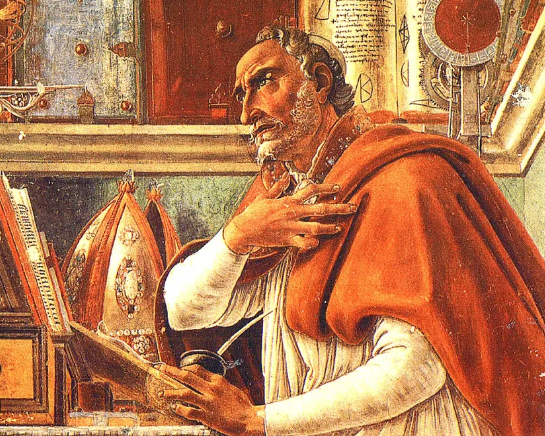The Influence of Saint Augustine on Christian Thought
Saint Augustine of Hippo, a prominent theologian and philosopher from the early Christian era, is often hailed as one of the most significant figures in shaping Christian thought. His reflections on faith, grace, and the nature of humanity not only influenced his contemporaries but continue to resonate in modern theological discussions. Understanding his contributions provides valuable insight into the foundations of Christian belief.
The Nature of God and Humanity
One of Augustine’s most impactful ideas revolves around the nature of God and humanity. He asserted that God is omnipotent, omniscient, and wholly benevolent. Augustine famously wrote about the “City of God,” contrasting the Earthly City, driven by human desires, with the City of God, rooted in divine love. This distinction emphasizes humanity’s struggle between sin and grace, highlighting the concept that human beings are inherently flawed yet capable of redemption. Augustine’s exploration of free will and divine grace laid essential groundwork for later theological debates, influencing thinkers like Martin Luther and John Calvin.
The Role of Sin and Redemption
Augustine’s views on sin are crucial to understanding Christian doctrine. He introduced the concept of original sin, suggesting that humanity inherits a sinful nature from Adam and Eve. This idea shifted the focus of Christian teachings from mere moral behavior to an understanding of the need for divine grace for salvation. Augustine argued that through faith in Jesus Christ, individuals could experience redemption from their inherent sinfulness. This perspective has profoundly shaped Christian teachings about salvation and the importance of faith, making his works essential reading for anyone studying Christian theology.
Faith and Reason
Another significant contribution of Augustine is his integration of faith and reason. He famously stated, “I believe in order to understand,” suggesting that faith is a precursor to true understanding. Augustine believed that human reason, while valuable, is limited and cannot fully grasp the divine reality. This approach laid the foundation for later Christian philosophers who sought to reconcile faith with intellectual inquiry, such as Thomas Aquinas. Augustine’s emphasis on the harmony of faith and reason encourages believers to engage thoughtfully with their beliefs, fostering a rich tradition of theological exploration.
Conclusion
Saint Augustine’s influence on Christian thought is vast and enduring. His insights into the nature of God, humanity, sin, and the interplay of faith and reason continue to shape theological discussions today. Exploring his works can deepen one’s understanding of Christian doctrine and inspire a more profound appreciation for the complexities of faith. To learn more about Augustine’s life and teachings, consider reading his seminal works or exploring contemporary interpretations. Embrace this journey of discovery, and let Augustine’s wisdom enrich your understanding of spirituality.

